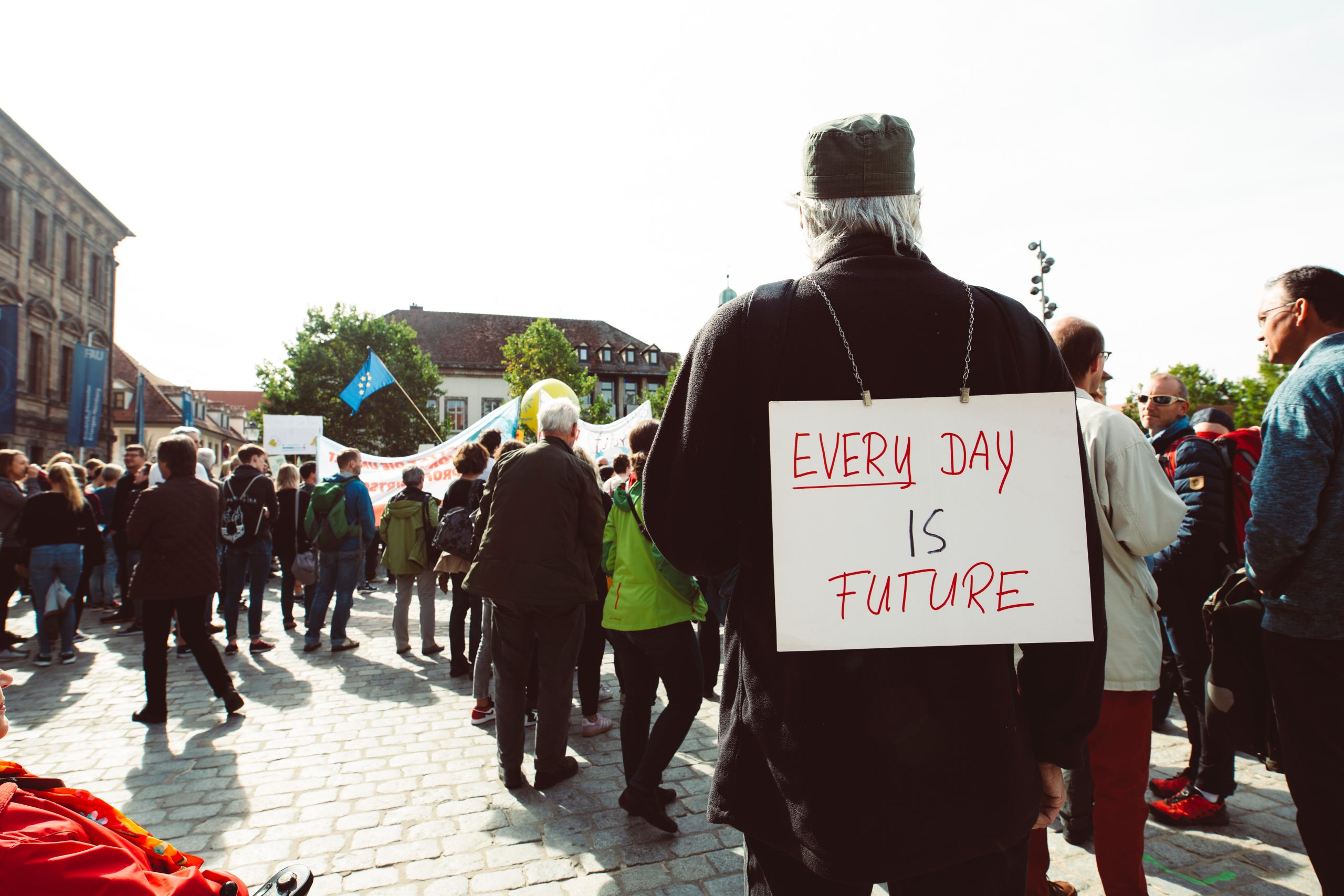- 2 June 2023
- 55
Why Cultural Competence is Crucial for Effective Political Discourse

In today’s world, political discourse is more important than ever. With the rise of social media and the 24-hour news cycle, it’s easier than ever to engage in political discussions and debates. However, these discussions can quickly become heated and divisive, leading to misunderstandings and even hostility. One key factor that can help prevent this is cultural competence.
What is Cultural Competence?
Cultural competence is the ability to understand, appreciate, and effectively interact with people from different cultures. It involves being aware of one’s own cultural biases and assumptions, as well as being able to recognize and respect the cultural differences of others. In the context of political discourse, cultural competence means being able to engage in discussions and debates with people from different cultural backgrounds in a respectful and productive manner.
Why is Cultural Competence Important for Political Discourse?
There are several reasons why cultural competence is crucial for effective political discourse. First, it helps to prevent misunderstandings and miscommunications. When people from different cultures engage in political discussions, they may have different assumptions and values that can lead to confusion or conflict. By being culturally competent, individuals can better understand and appreciate these differences, leading to more productive and respectful discussions.
Second, cultural competence helps to promote diversity and inclusion. When people from different cultures feel that their perspectives are valued and respected, they are more likely to participate in political discussions and engage in the democratic process. This can lead to a more diverse and representative political system, which is essential for a healthy democracy.
Finally, cultural competence can help to reduce prejudice and discrimination. When people are able to interact with others from different cultures in a respectful and productive manner, they are less likely to hold negative stereotypes or biases. This can lead to a more tolerant and inclusive society, where everyone feels valued and respected.
How Can We Develop Cultural Competence?
Developing cultural competence is an ongoing process that requires self-reflection, education, and practice. Some strategies for developing cultural competence include:
– Educating oneself about different cultures and their values and beliefs
– Engaging in respectful and open-minded discussions with people from different cultures
– Reflecting on one’s own cultural biases and assumptions
– Seeking out diverse perspectives and experiences
– Being open to feedback and willing to learn from mistakes
Conclusion
In conclusion, cultural competence is crucial for effective political discourse. By understanding and appreciating the cultural differences of others, we can engage in more productive and respectful discussions, promote diversity and inclusion, and reduce prejudice and discrimination. Developing cultural competence is an ongoing process that requires self-reflection, education, and practice, but it is essential for building a healthy and inclusive democracy.

